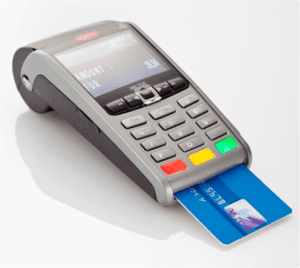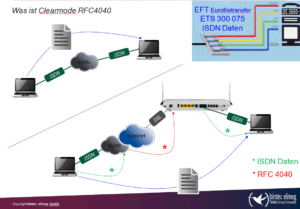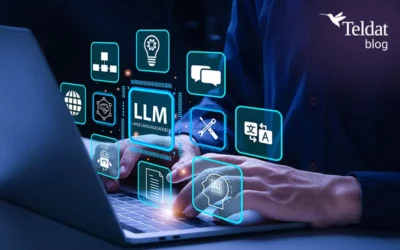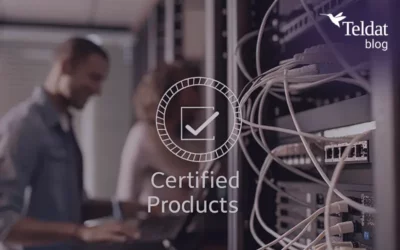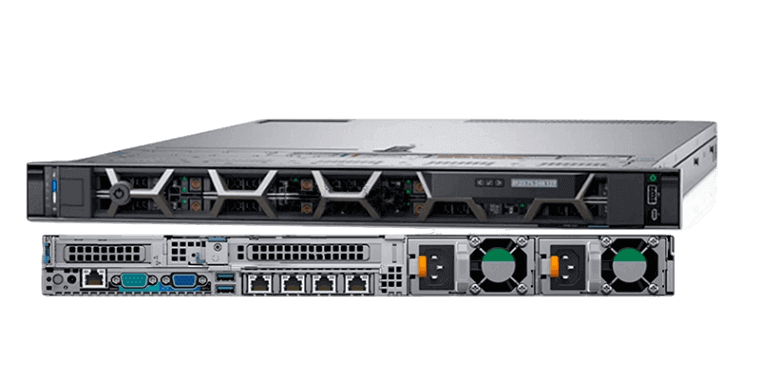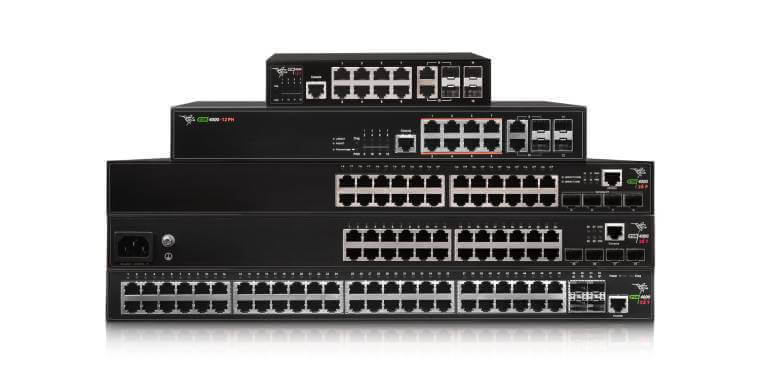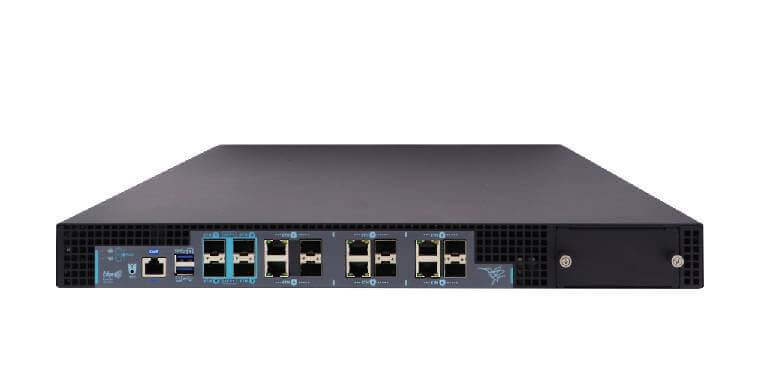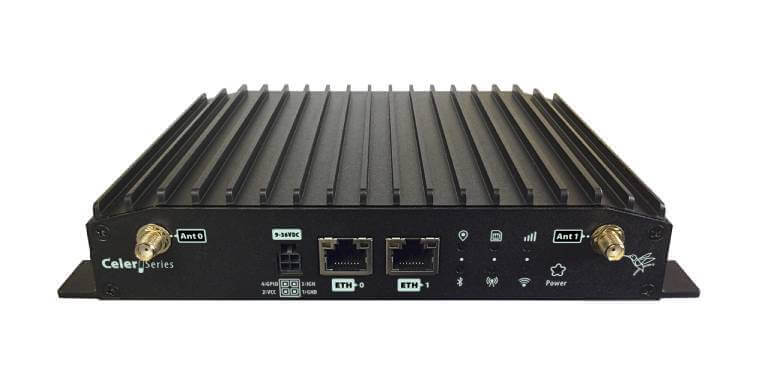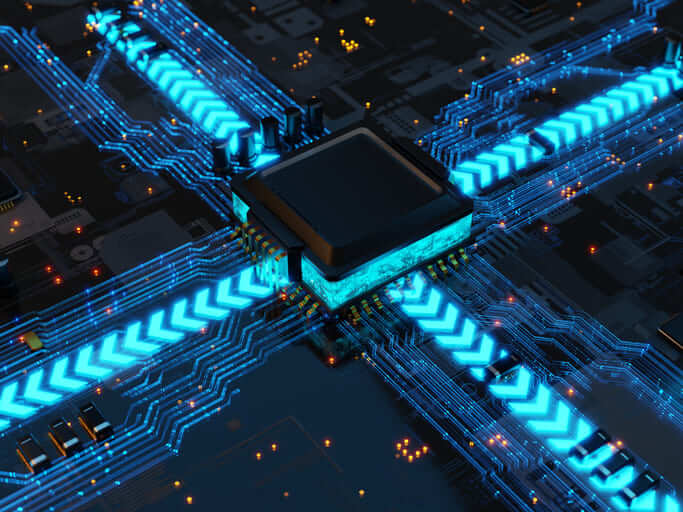 Special services are offered via analog or ISDN connections in combination with terminal devices by service providers.
Special services are offered via analog or ISDN connections in combination with terminal devices by service providers.
The particular challenge is now to guarantee the customer all these special services despite the on-going migration to ALL-IP. For the customer, the question is: will it work and who is responsible for it?
First of all, let us have a closer look at these special services. Deutsche Telekom lists the following services:
- · Alarm systems
- · Electronic cash terminals
- · Elevator emergency call systems
- · Accounting systems for medical doctors/physicians
- · Remote meter reading systems
- · Medical alarms
- · Pay phones
Especially alarm systems are very common, taking into account the fact that alarms such as fire, burglary, heating, cooling or power failure, pump defects, door monitoring, water-pipe-rupture and many other functions are supervised and, in case of an emergency, are reported as soon as possible to mobile phones, fire departments, the police or security companies. Broadly speaking, services related to these problems have to be alerted – reliably and quickly!
Special services include also applications such as ISDN Eurofile transfer, fax, PBX maintenance which are integrated in company processes.
Many providers do not consider this as a problem because in most cases IP-based solutions are currently available. One of the most common examples is the electronic cash terminal.
Analog or ISDN point of sale devices can be exchanged at a reasonable price by now. Some providers offer this service even for free. Nevertheless, particularly in financial transactions, the device function requires maximum reliability.
In case the customer uses applications which do not yet have an IP solution or which are too expensive to migrate to IP, the whole subject has a greater impact. Investment protection plays an important role.
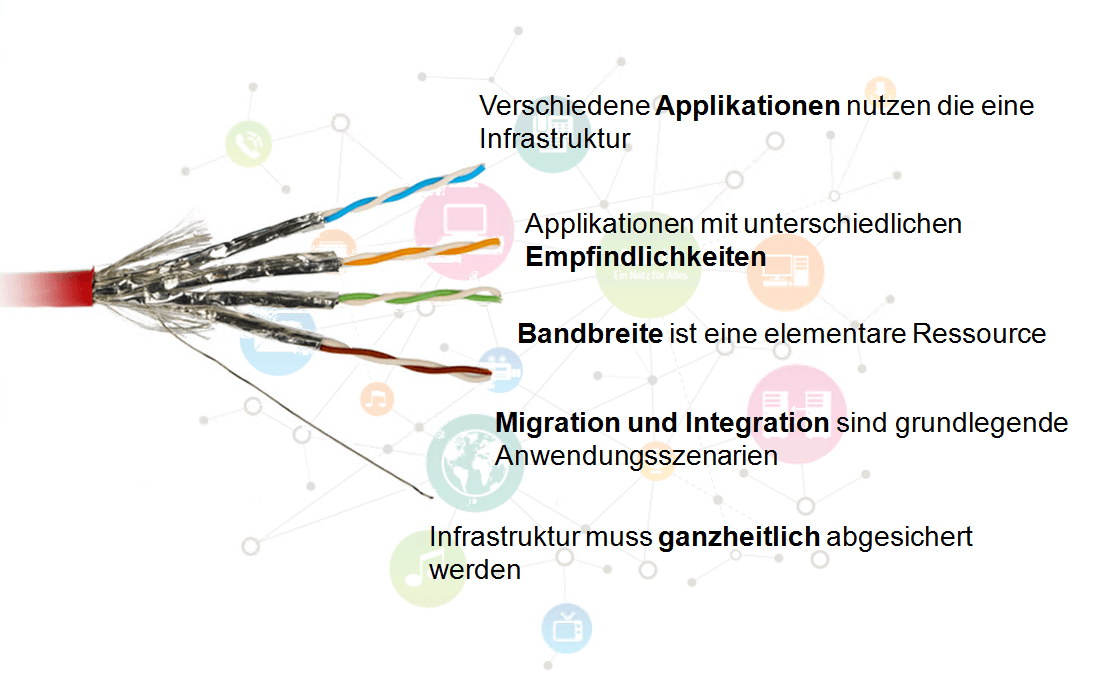
Technology of All-IP
Therefore, let us have a closer look into the technology All-IP. All these aspects above need to be considered in each case individually.
Voice and Voice Applications
Almost perfect migration solutions for voice and voice applications have been created thanks to decades of very intensive development. The quality is far higher compared to ISDN and analog solutions. HD voice or voice in Hi-Fi quality can be achieved. Basis for this is the fact that humans perceive speech in a different way than machines. A short example without getting too much into the technology below:
In case voice packets are lost, clicks and drop outs are normally expected. Cutting-edge technology compensates this problem by stretching the packets and adapting the transition from one to the next packet according to the sound. How does this affect the listener? The listener does not notice it because the voice sounds only slightly deeper and no noise occurs.
Why do I mention this? This example mentioned above is an important aspect when migrating from conventional technology to ALL-IP and integrating the new technology.
ISDN PBX maintenance
Why is this an important example? Large ISDN PBX systems which are operated by the manufacturer are often quite expensive and are deeply integrated into internal corporate processes. IP upgrades are rather complex and cost-intensive if at all possible. A special feature of ISDN is the synchronous connection which does not accept package loss, however the network is very stable but rather slow. Error corrections have been left out since they were not necessary.
PBX maintenance bear the risk that only one single transmission error can near-irretrievably put the PBX out of operation.
Is there a solution for this?
Yes, there are solutions but not all will be supported by every provider and terminal. It is the customer’s responsibility to clarify this.
Deutsche Telekom’s official statement mentions that functionality of a special service operating via an ALL-IP connection can only be guaranteed by a qualification test of the service provider. Therefore, it is important that you as the customer contact your service provider to agree about further steps before actually migrating to IP.
What does this mean from the technical point of view?
A brief excursion into the technical details of ISDN, tells us that, it is a technology which even differentiates between voice and data. In case of EuroFile transfer or PBX maintenance connection, a request for comment will be created, more precisely RFC4040, payload format for a 64 kbit/s transparent call. This is a quasi standard for processing this kind of data. Thus, in case you have a media gateway or a PBX and your provider supports RFC4040, you are well prepared to successfully migrate your special service to IP.
RFC 4040 in combination with a sufficient bandwidth and Quality of service (QoS) enables a secure and error-free deployment of ISDN data transfer via the ALL-IP network.
From the technical point of view, analog data connections via analog and ISDN connections cause problems. Here, the customer along with the provider has to prove each case separately. Nevertheless, functional reliability cannot be guaranteed and can be affected by any kind of change in the provider’s network.
In general, experiences with many customers as well as tests show that data transmission rates up to 33 kBaud have a good chance of a successful migration into the world of ALL-IP.

